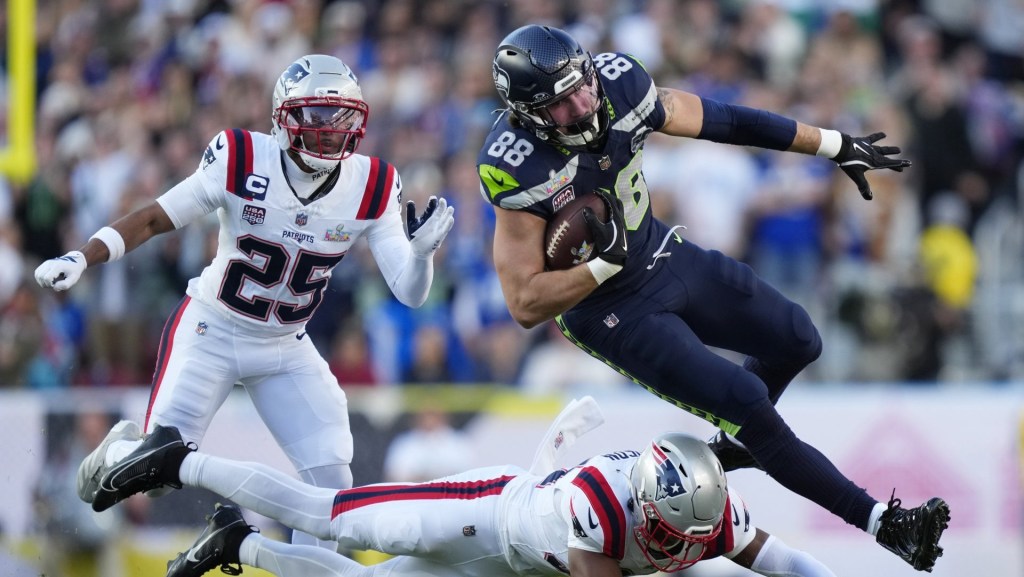The 2023 NFL regular season began with a flourish that reinforced the league’s status as a massive American cultural force — and its dominance has also extended to betting.
Already carrying heady projections for NFL betting activity that would shatter all prior records, U.S. sportsbooks recorded more than 242 million geolocation transactions over the league’s first week, a massive 56% jump compared to the opening week of the league’s 2022 season, according to fraud detection company GeoComply.
More than 1.1 million new player accounts were also created, a 40% increase year-over-year, GeoComply said.
Following a vigorous marketing push for customers, much of that wagering activity broke along existing market dynamics, confirming the industry duopoly of FanDuel and DraftKings that currently controls more than 70% of the domestic online sports wagering market.
But over the course of the NFL season, a pair of particularly well-resourced challengers — Fanatics and the forthcoming ESPN Bet — will take their first steps toward fundamentally reshaping the market.
“We are excited about our first big football weekend and seeing very positive results,” Matt King, Fanatics Betting and Gaming CEO, told Front Office Sports. “The Fanatics Sportsbook was the No. 3 most-downloaded sportsbook app [according to JMP Securities], even though we are only in four states.”
For now, FanDuel and DraftKings are staying the course, with the latter particularly calling the start of the NFL season “spectacular.” But the twin titans of U.S. sports betting are closely watching their incoming rivals.
“They’re not taking anything for granted,” Sara Slane, president of sports betting consultancy Slane Advisory and a former executive with the American Gaming Association, told Front Office Sports.
“They obviously have great brand ID and have had a huge head start given how they’ve converted daily fantasy players, and were there Day 1. But it’s still relatively early days,” she added, referencing the 2018 U.S. Supreme Court decision allowing states to set their own gambling laws.
Rubin’s Story
The Michael Rubin-led Fanatics began its sportsbook operations in earnest with last month’s debut in Maryland, Massachusetts, Ohio, and Tennessee. That initial rollout will be joined by 12 additional states — including key betting locales such as New York, New Jersey, and Pennsylvania — as it continues to integrate assets from its recently closed $225 million purchase of PointsBet’s U.S. operations.
Instead of the heavy consumer ad blitzes common to many of its sportsbook competitors, Fanatics is leaning on its existing database of more than 95 million customers built primarily through the company’s merchandising dominance, as well as a promotional partnership with NBC Sports inherited via PointsBet.
That database, Fanatics says, allows it to lower customer-acquisition costs as much as 80% over its major competitors.
“We are just not focused on market share,” King said. “Customers are placing bets and getting merchandise, which is what we wanted to build from the start.”
Fanatics is also deploying a physical sportsbook strategy that includes a location at the Washington Commanders’ FedEx Field, as well as at the Cleveland Guardians’ Progressive Field and near the Columbus Blue Jackets’ Nationwide Arena.
With that, Fanatics is projecting it will reach profitability faster than any other sportsbook.
“Our unit economics are phenomenal,” King said on CNBC.
Bristol Behemoth
PENN Entertainment — the operating partner of ESPN Bet following the landmark $2 billion deal from August — has been relatively quiet since last month’s announcement of the formation of ESPN Bet, which represents the sports media giant’s first full attachment to legal sports betting set for a November debut.
PENN president and CEO Jay Snowden said at a Bank of America conference earlier this month that he thinks the later opening is no bad thing.
“I also think the time of year that we’re launching, midseason, is actually great,” Snowden said. “I think we’re going to be able to make a lot of noise, get a lot of attention. You’re coming in at a point of the year where people have probably burned through most of their free-bet promos and deposit matches. So to be able to sort of reload midyear with a new app and new experience that’s fully integrated with ESPN, I think that speaks to the top of the funnel.”
As PENN overhauls the former Barstool Sportsbook, the attachment of the ESPN brand and promotion of the sportsbook across all of ESPN’s many platforms is aimed at making a major market statement.
PENN has already said that it’s aiming for 20% market share by 2027, and that staying at 4% or 5% is “not going to be acceptable” for either the company or ESPN. Disney CEO Bob Iger, meanwhile, said, “We actually believe and trust in their ability to use this partnership to grow their business nicely, while we grow ours.”
Slane couldn’t help but laugh a bit when hearing PENN’s stated goal of 20% market share.
“Twenty percent always seems to be the magic number when new entrants come into the market. That always seems to be the target,” she said. “Nobody is saying they’re going to pass FanDuel or DraftKings, but 20% is still a lot and not easy. This is going to be interesting. There obviously wasn’t a lot of conversion before [for PENN] with Barstool, but the ESPN megaphone and all that it brings is something entirely different.”
That something will partly entail ESPN leaning into its massive digital portfolio of 370 million social media followers, more than 100 million monthly digital unique users, more than 25 million subscribers of ESPN+, and 11 million for its fantasy mobile app.
The biggest battle, however, will likely be waged on simple product quality.
“Gains are going to come through innovation,” Slane said. “There’s a lot that can still be done to offer a better product and create fewer friction points. A lot of the [betting] process needs to be easier. If that can happen, and the fan can have a better experience, there are consumers that can be won.”
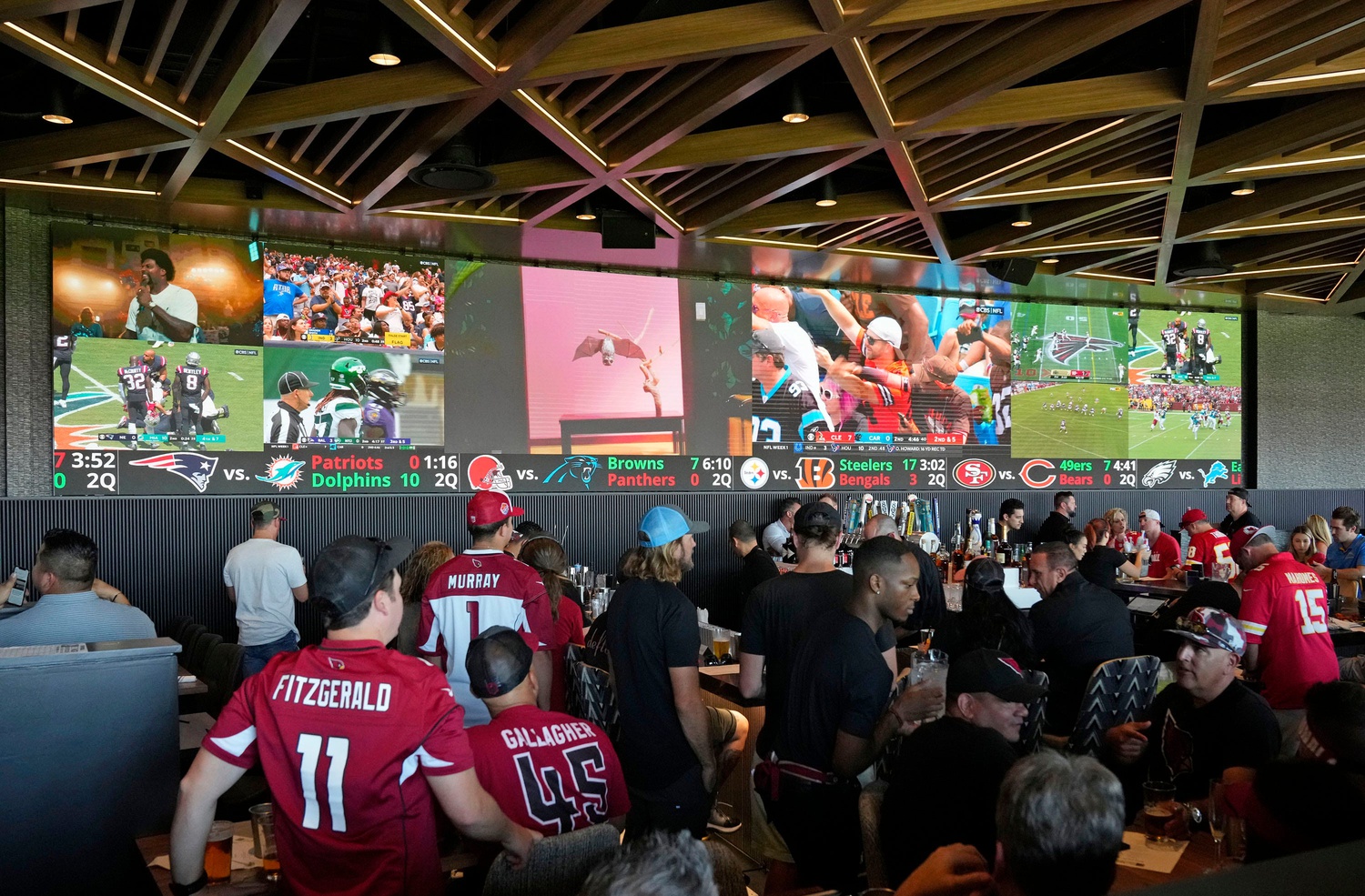


![[Subscription Customers Only] Jun 15, 2025; Seattle, Washington, USA; Botafogo owner John Textor inside the stadium before the match during a group stage match of the 2025 FIFA Club World Cup at Lumen Field.](https://frontofficesports.com/wp-content/uploads/2026/02/USATSI_26465842_168416386_lowres-scaled.jpg?quality=100&w=1024)

![[Subscription Customers Only] Jul 13, 2025; East Rutherford, New Jersey, USA; Chelsea FC midfielder Cole Palmer (10) celebrates winning the final of the 2025 FIFA Club World Cup at MetLife Stadium](https://frontofficesports.com/wp-content/uploads/2026/02/USATSI_26636703-scaled-e1770932227605.jpg?quality=100&w=1024)



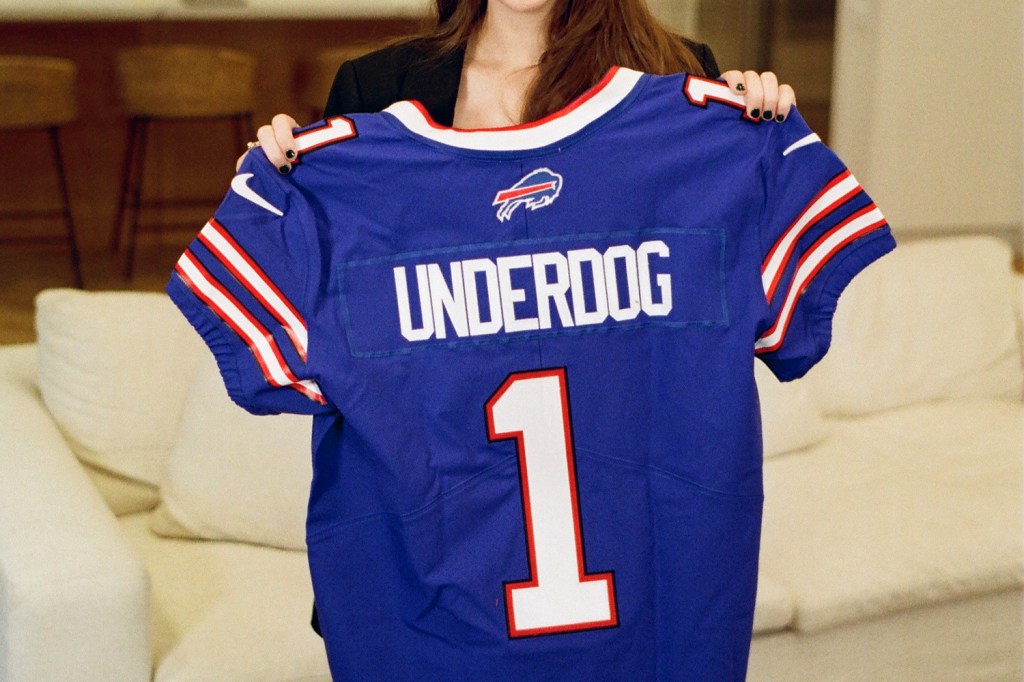
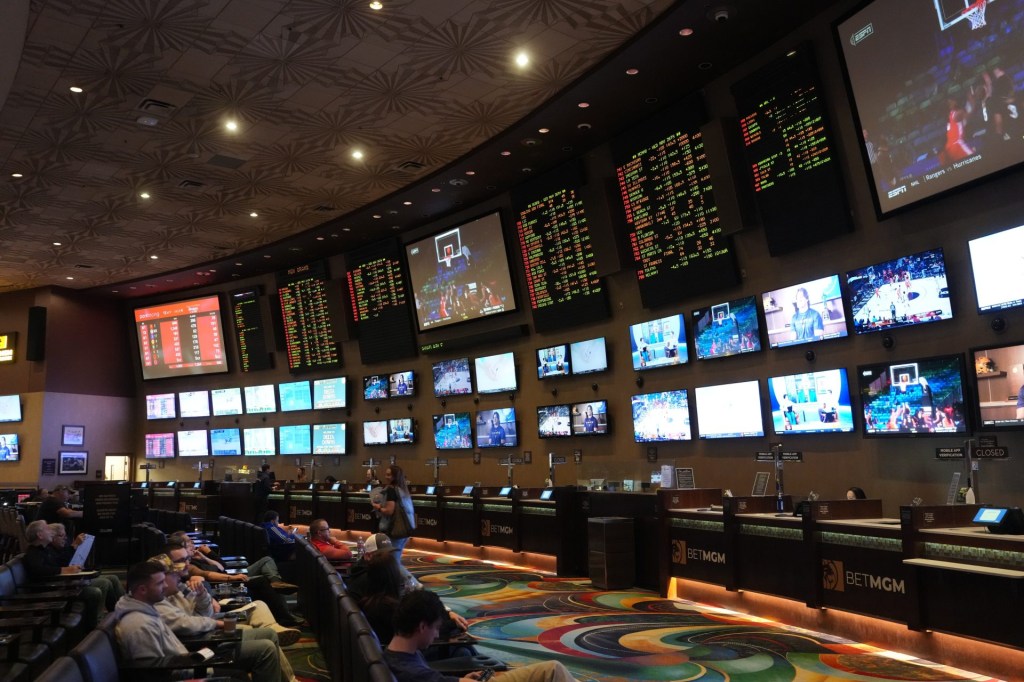
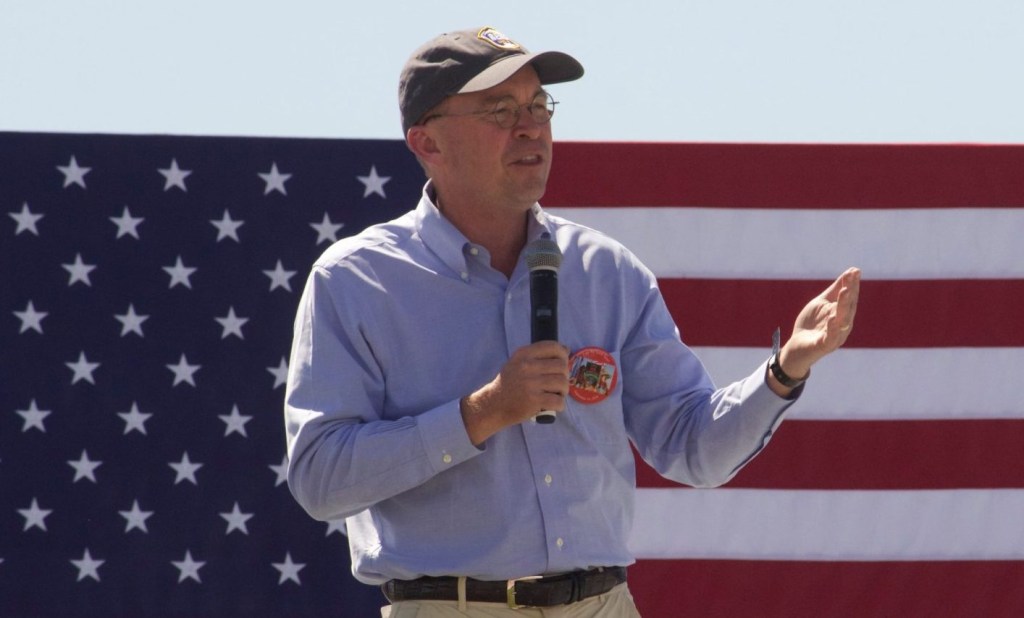

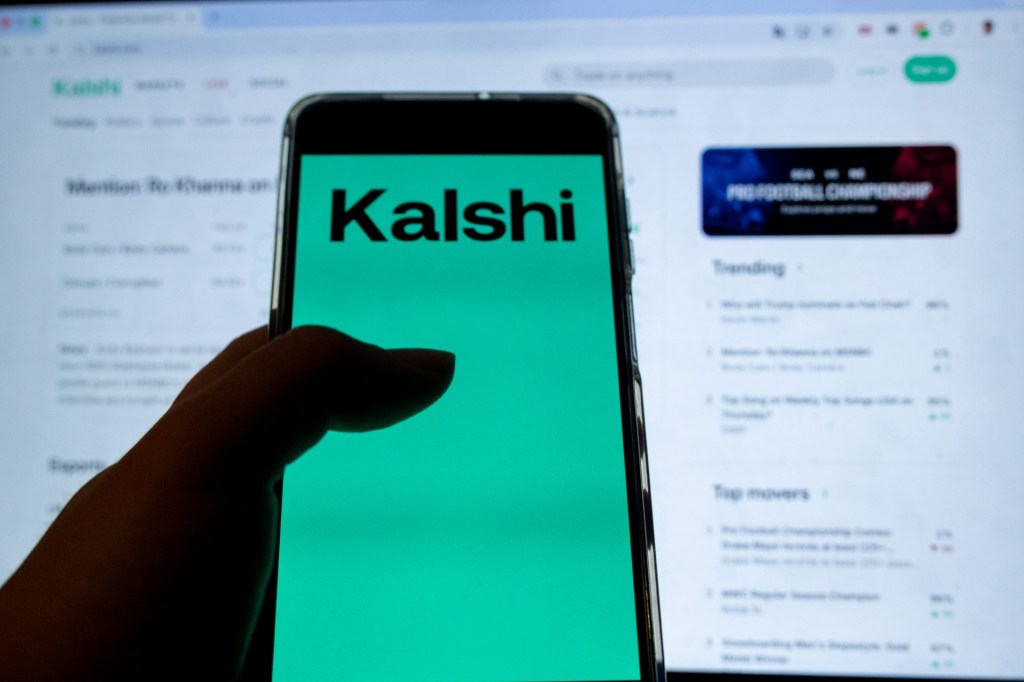

![ESPN Bet broadcasts inside the PGA Tour Studios building in Ponte Vedra Beach, Florida, on March 14, 2025. [Clayton Freeman/Florida Times-Union]](https://frontofficesports.com/wp-content/uploads/2026/02/USATSI_25668497_168416386_lowres-1-scaled.jpg?quality=100&w=1024)
